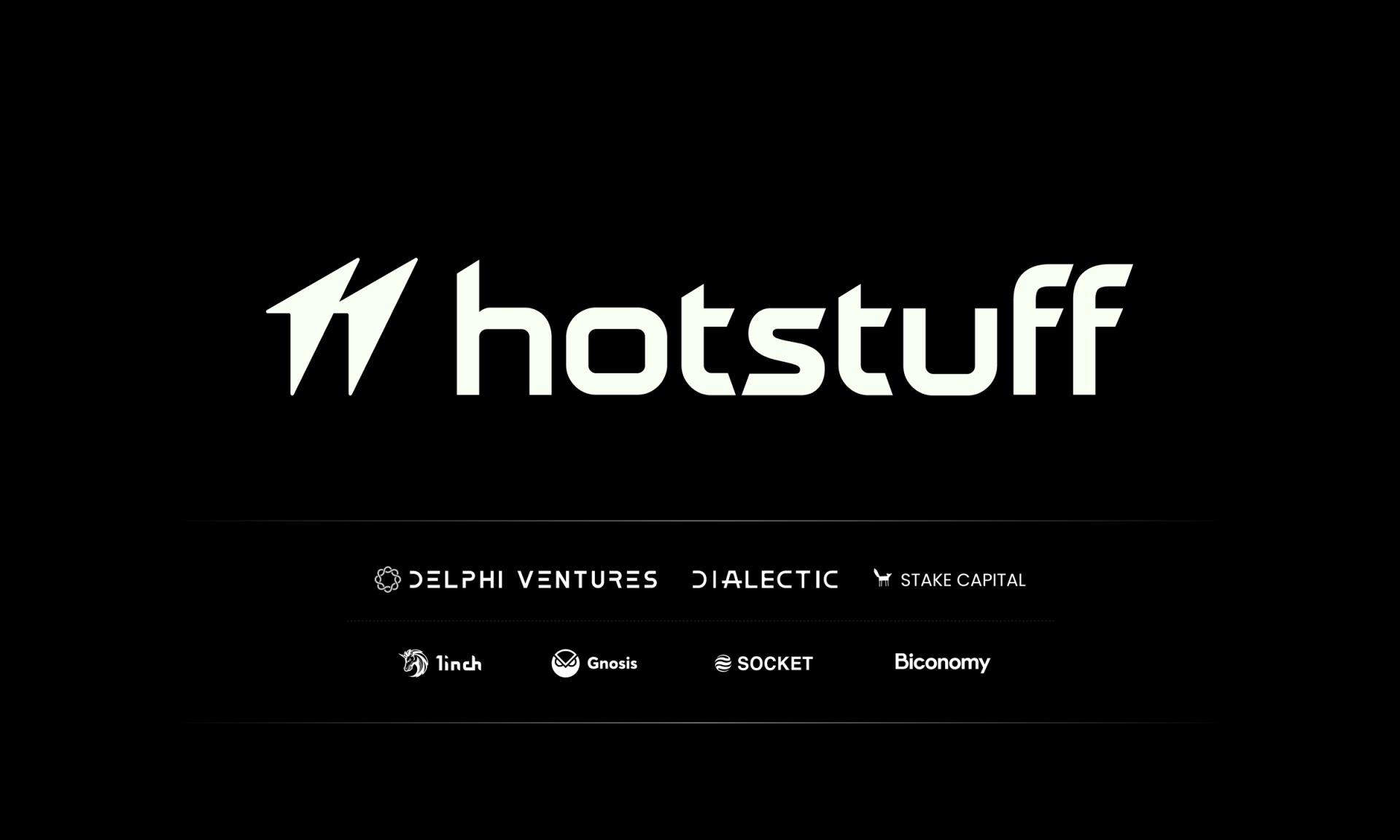A Hierarchical Deterministic (HD) wallet is a type of wallet that allows users to generate multiple crypto-wallets from a single master seed. This concept is achieved through the use of the HD protocol, which utilizes a series of mnemonic phrases to create the wallets. It is important to note that the HD wallet is closely associated with the idea of a Deterministic Wallet.
So, what exactly is a Deterministic Wallet? A Deterministic Wallet is a type of cryptocurrency wallet that uses a single key pair to generate multiple key pairs. This means that instead of having to manage multiple private keys for each wallet, a user can generate an unlimited number of key pairs from a single seed or master key. This not only simplifies the process of managing multiple wallets but also enhances security as the seed is the only piece of information required to restore all the wallets and their associated funds.
The HD wallet takes the concept of a Deterministic Wallet a step further by introducing a hierarchical structure to the process. This hierarchy is created by using a series of mnemonic phrases, which are essentially a list of words that act as a seed. Each mnemonic phrase consists of a unique combination of words that corresponds to a specific master seed. From this master seed, the HD wallet can generate an unlimited number of child keys and addresses, each corresponding to a different crypto-wallet.
One of the primary benefits of using an HD wallet is the ease of wallet backup and restoration. With a traditional wallet, it is necessary to backup each individual private key or wallet file. However, with an HD wallet, users only need to backup the initial mnemonic phrases or seed. This means that even if a user loses their device or experiences a computer failure, they can easily restore their wallets and access their funds using the seed.
Additionally, the hierarchical structure of an HD wallet enables a more organized and efficient approach to managing multiple wallets. Users can create sub-wallets under the main master seed, allowing for better categorization of funds and improved tracking of transactions. For example, an individual could create separate sub-wallets for personal expenses, business transactions, or savings, all within the same HD wallet.
Another advantage of using an HD wallet is enhanced privacy. Since all the addresses generated by an HD wallet are derived from a single seed, it is more difficult for external parties to link these addresses to the same wallet owner. This provides an added layer of anonymity and reduces the risk of address correlation, which is a common concern in blockchain transactions.
One popular example of an HD wallet is the BIP-39 standard. BIP-39 (Bitcoin Improvement Proposal 39) defines a set of rules and guidelines for mnemonic phrases and their implementation in HD wallets. Many cryptocurrency wallets, such as Electrum, Mycelium, and Ledger, implement the BIP-39 standard to provide users with the benefits of HD wallets.
In conclusion, a Hierarchical Deterministic (HD) wallet is a type of cryptocurrency wallet that allows users to generate multiple wallets from a single seed. By using a series of mnemonic phrases, an HD wallet can create a hierarchical structure of child keys and addresses, making it easier to manage and organize funds. With the added benefits of enhanced privacy, simplified backup and restoration, and improved transaction tracking, HD wallets offer a convenient and secure solution for cryptocurrency holders.














